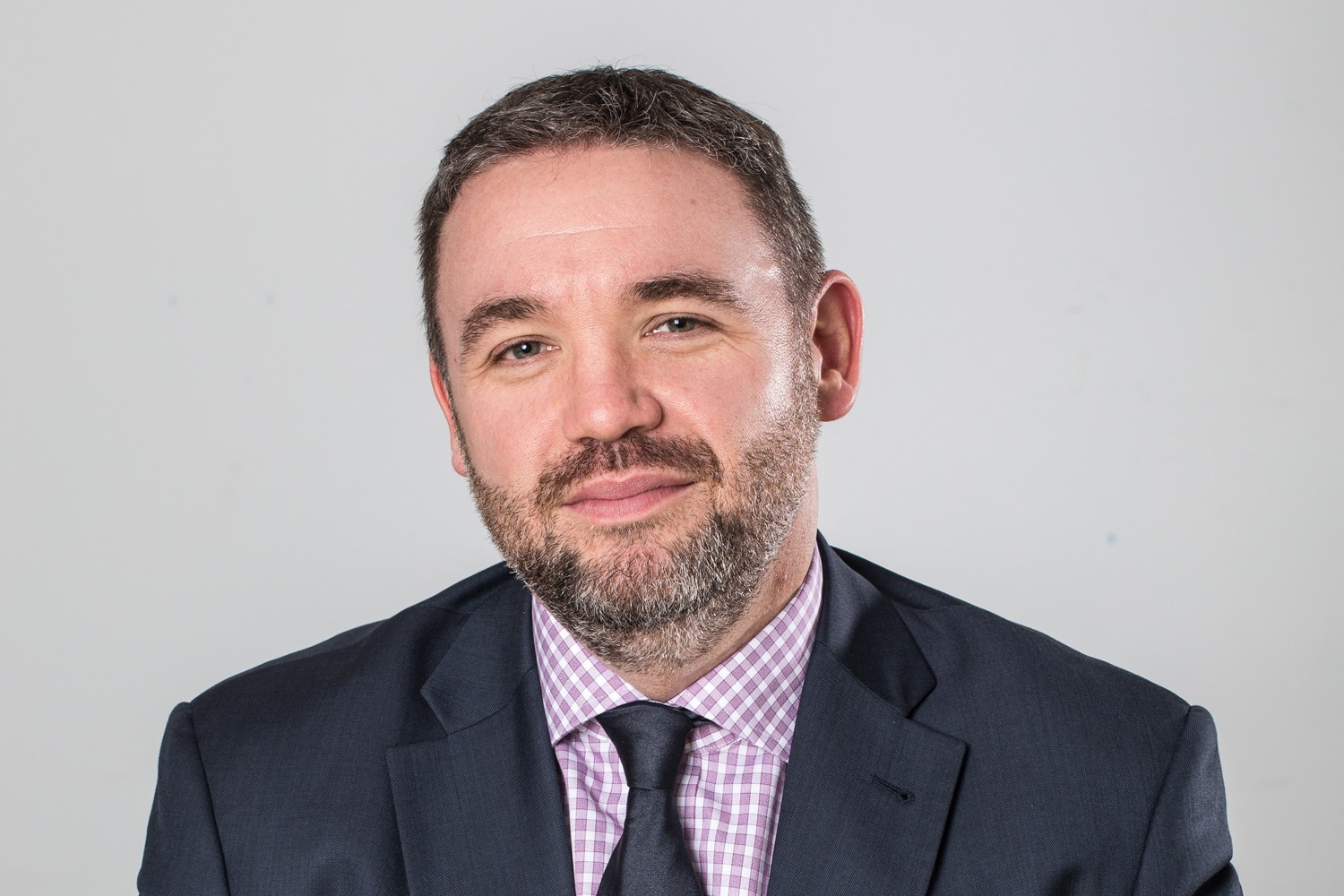Tim Thomas: What should I do if I suspect a fellow company director of fraud?

Tim Thomas
Tim Thomas, partner at Ledingham Chalmers, offers advice to individuals who suspect a fellow director of fraud.
Company directors have legal duties, holding them to account. But what happens if you suspect a fellow director is falling short — or is even potentially behaving fraudulently
How can you uncover the facts? What action should you take? And importantly, how can you reduce any liability you might face?
WHAT IS FRAUD?
A fraud is committed when someone gains something from false representation. Directors can be held civilly or criminally liable for making misleading statements or misrepresenting facts, including to other directors, investors, shareholders, or customers.
In Scotland, for example, embezzlement — including the misappropriation of funds — and VAT fraud can be criminal offences.
Behaving recklessly or negligently is sufficient for civil actions. The company can have a claim against the director for breaching their duties and can hold them accountable for any profits made as a result.
ACTING AGAINST DIRECTOR FRAUD
It’s crucial to handle the situation with care.
As a director, if you jump ahead and make hasty accusations that ultimately prove incorrect, you might find yourself facing a defamation action.
Here are some of the things you’ll need to consider to protect your business — whether it’s a limited company, a partnership, or an LLP.
Gather evidence and keep records
Before taking any formal steps, gather as much evidence as you can to support your suspicions. This evidence can include relevant documents, financial records, and emails.
You should already have well organised records too. This includes carefully minuting all board meetings: detailing issues raised as well as decisions taken.
Engage the experts
Speak to a lawyer.
This will ensure you know the legal ramifications, as well as understand your own obligations, and are clear about what might happen.
Engage third parties to conduct an independent investigation. We often see advisors such as forensic accountants and IT experts involved at this stage.
Co-operation and compliance
As well as fully co-operating with any criminal investigation being carried out by the authorities such as Police Scotland, work closely with your third party advisors to implement internal controls, review financial processes, and strengthen governance to minimise the risk of future incidents.
Removing a director when there are allegations of fraud
Preferably they’d take it upon themselves to resign to prevent further harm, but often the other directors, shareholders, or even the courts have to act.
Directors can appoint and remove directors, as can shareholders, subject to the terms of the organisation’s constitution.
In situations where there are allegations of fraud and there’s gridlock at board level, directors or shareholders can ask the courts to intervene under the Companies Act 2006.
Another route to hold a rogue director accountable is to wind up the company. Whilst this is a huge step, it could mean a professional insolvency practitioner is the one investigating the affairs of the company, or its directors, and prevent further prejudice to others.
FRAUD AND INSOLVENCY
In Scotland, if a business becomes insolvent, there are several potential legal implications for the directors — including an investigation into fraudulent behaviour.
These activities can take various forms including intentionally concealing assets, misappropriating funds, or engaging in dishonest transactions.
Insolvency practitioners have wide-ranging legal powers to investigate and pursue wrongful behaviour. It’s not uncommon that a director’s wrongful actions are only uncovered once an independent insolvency practitioner is appointed to review what’s been going on.
CONCLUSION
Suspecting a fellow director of fraud is a challenging, often complex, and sensitive situation. Gathering evidence, seeking expert advice, and ensuring ongoing compliance, means you can responsibly address the situation while protecting your interests, as well as those of the company and its shareholders.






